President Donald Trump was widely mocked after he attempted to defend his disastrous tariff strategy to reporters in the Oval Office on Wednesday and issued a rhetorical question about "stupid people" that said more about him than anyone else.
Trump would later declare a full 90-day suspension of all the “reciprocal” tariffs that took effect at midnight April 10—except for those on China—in a dramatic about-face from a president who had long championed his historically high tariff rates as permanent.
Tariffs on China, however, are not only staying in place—they’re going up. Trump announced they’ll rise to 125% from 104%, following Beijing’s announcement of new retaliatory tariffs earlier that day. Meanwhile, all other countries hit with reciprocal tariff hikes will see their rates rolled back to the standard 10%, he said.
But before all that, a defensive Trump attempted to shift blame for the tumbling stock market and battered economy, asking:
"How do you get to be president and you’re stupid?"
You can hear what he said in the video below.
The irony was rich.
Traders may have cheered Trump’s sudden tariff reversal, but the broader picture remains grim. Economists warned that the damage is already done—and the risk of a U.S. and global recession remains high.
Stocks are still trading well below where they were before Trump rolled out his so-called “Liberation Day” tariffs last week, and experts say the lingering market losses, existing tariffs, and continued unpredictability around U.S. trade policy could be enough to drag the economy into a downturn.
Despite the backpedal, Trump’s blanket 10% tariff that took effect Saturday is still in force—along with 25% duties on auto imports, steel, aluminum, and select goods from Canada and Mexico. He’s also vowed to press ahead with new tariffs on pharmaceuticals, lumber, semiconductors, and copper.
Even after Trump’s partial retreat, Goldman Sachs said the odds of a U.S. recession are still a toss-up. And JPMorgan didn’t budge on its outlook either, maintaining its 60% chance of both a domestic and global recession—despite calling the rollback a “positive” move.



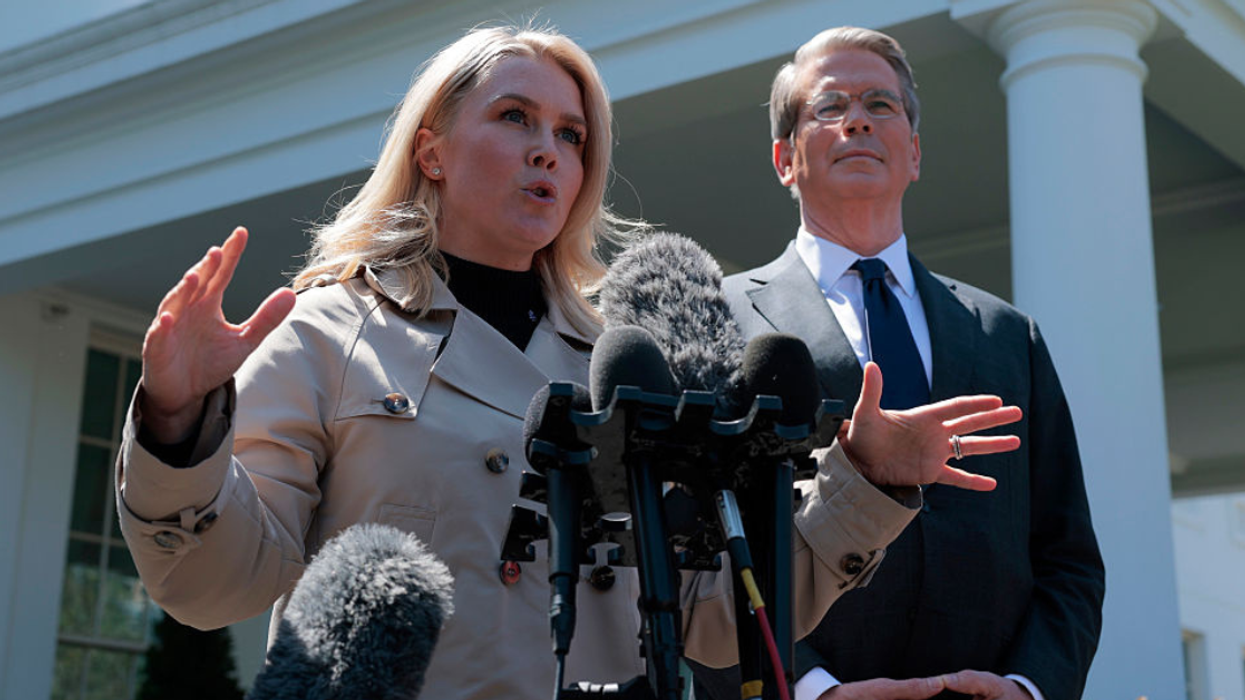


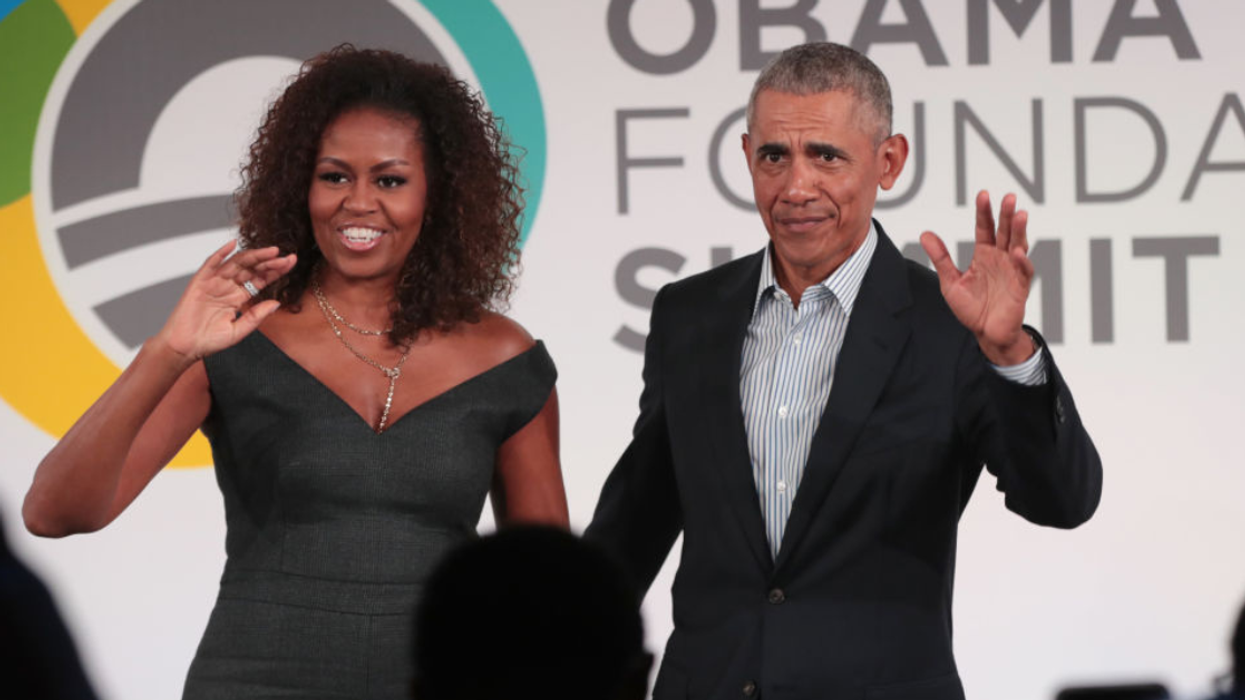




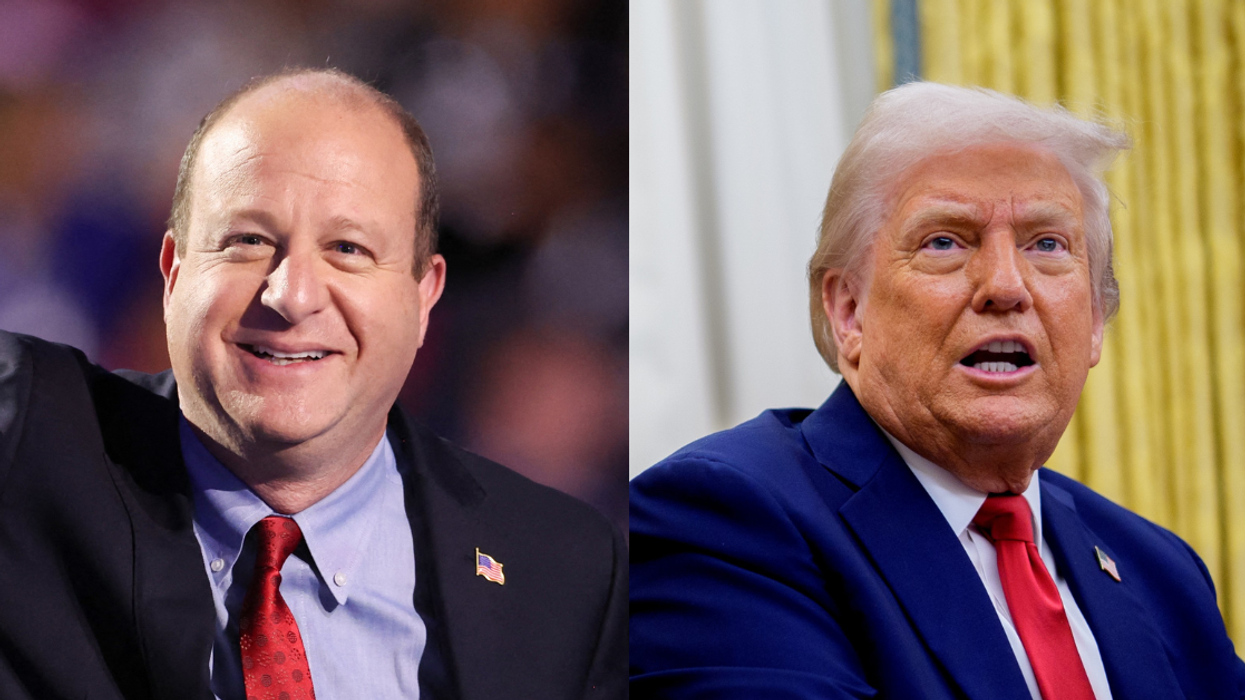


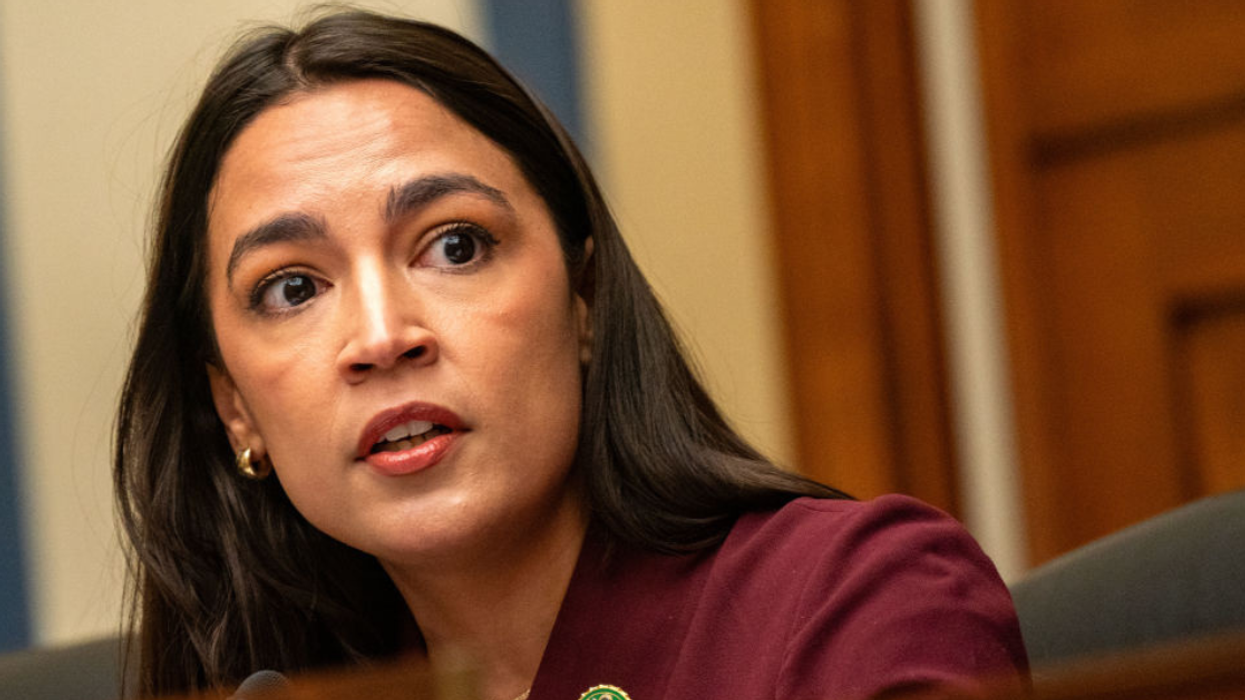

 @kellyclarksonshow/Instagram
@kellyclarksonshow/Instagram @kellyclarksonshow/Instagram
@kellyclarksonshow/Instagram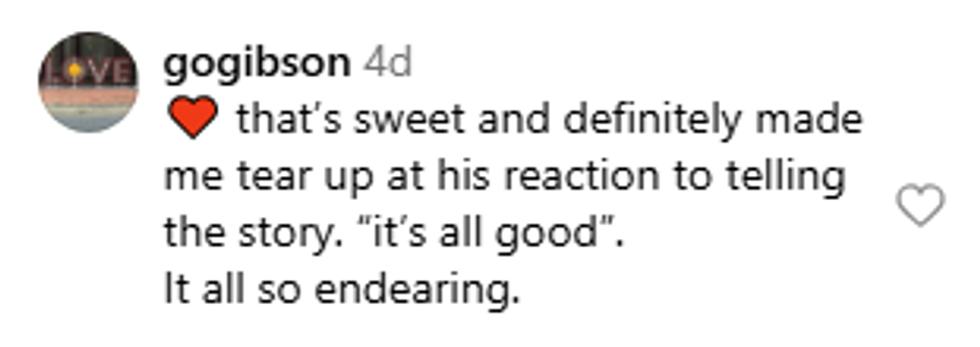 @kellyclarksonshow/Instagram
@kellyclarksonshow/Instagram @kellyclarksonshow/Instagram
@kellyclarksonshow/Instagram @kellyclarksonshow/Instagram
@kellyclarksonshow/Instagram @kellyclarksonshow/Instagram
@kellyclarksonshow/Instagram @kellyclarksonshow/TikTok
@kellyclarksonshow/TikTok @kellyclarksonshow/TikTok
@kellyclarksonshow/TikTok @kellyclarksonshow/TikTok
@kellyclarksonshow/TikTok @kellyclarksonshow/TikTok
@kellyclarksonshow/TikTok @kellyclarksonshow/Instagram
@kellyclarksonshow/Instagram @kellyclarksonshow/Instagram
@kellyclarksonshow/Instagram @kellyclarksonshow/Instagram
@kellyclarksonshow/Instagram @kellyclarksonshow/TikTok
@kellyclarksonshow/TikTok @kellyclarksonshow/TikTok
@kellyclarksonshow/TikTok @kellyclarksonshow/TikTok
@kellyclarksonshow/TikTok @kellyclarksonshow/TikTok
@kellyclarksonshow/TikTok
 @machinegunkelly/Instagram
@machinegunkelly/Instagram @joeyyoey/Instagram
@joeyyoey/Instagram @sherbetglassart/Instagram
@sherbetglassart/Instagram @_unsailyas_/Instagram
@_unsailyas_/Instagram @sara.kachilika/Instagram
@sara.kachilika/Instagram @happy_tea_mum/Instagram
@happy_tea_mum/Instagram @killl_me_slowly/Instagram
@killl_me_slowly/Instagram @ariannasteger/instagram
@ariannasteger/instagram